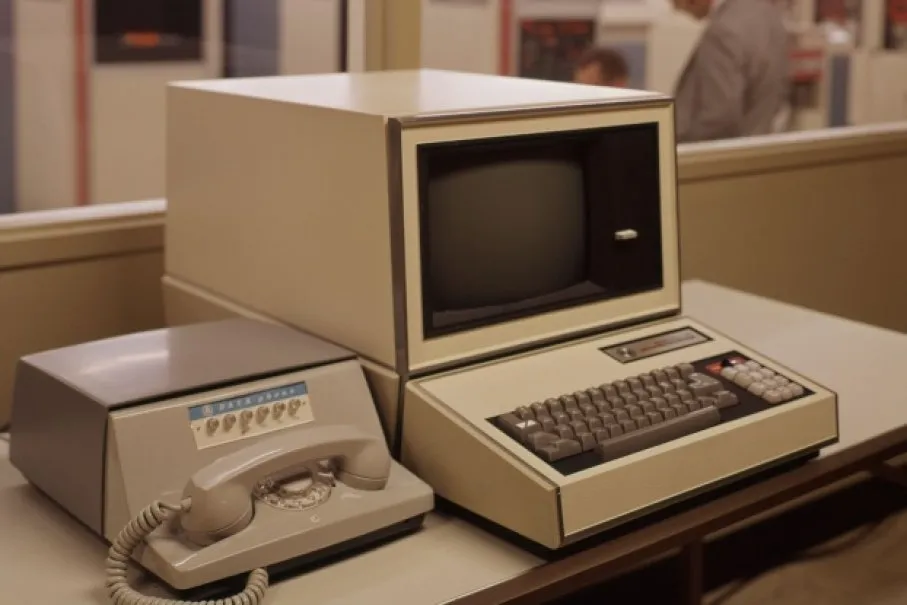Table of Contents
Melissa Lee
National Spokesperson for –
Broadcasting & Media| Digital Economy and Communications | Ethnic Communities
We are now over a month on from the Waikato DHB ransomware attack and the public are still completely in the dark as to how much of their personal health data has made its way to malicious criminals overseas. This week it was revealed the hacked data may now be circulating online with terrifying screenshots indicating the contents of Waikato DHB’s computers will be free to all to view on the darknet. The recent Urgent Debate in Parliament called by both National and Act highlighted how concerning this is for the people of the Waikato.
Every bit of data could be out there right now, from a patient’s blood type to their sensitive medical procedure or prescription records. Any of this could be used to individually ransom New Zealanders who had put their trust in the government to keep them safe and have instead been put in an imperilled and vulnerable state. We don’t know what’s going on, we know the hospitals are back up and running but that’s it; we have no real clue who has the data of over 435,000 people and that is appalling. That isn’t good enough, it’s still beyond a joke and it shows how deficient our government has been in protecting our data.
More of our data than ever is moving into the digital cloud through Software as a Service providers and cloud storage support services. These are companies like Amazon, Microsoft and Google that are being relied upon for the storage and processing of government data, and more of these are being stored overseas. That means our data is moving outside of local laws and protections. That is a problem as nations increasingly are moving towards regulation of these platforms with a design to control their algorithms or even access the data they are contracted to protect. I’ve been having good constructive conversations with digital stakeholders about these questions as National’s Digital Economy and Communications Spokesperson because the future of our nation and economic growth will be as much in the cloud as it is on the farm or at a work desk, and we will need our cloud services to work for New Zealand.
How certain can New Zealand be that the surveillance and content regulation laws of nations with interests opposed to ours will not be enforced upon the data of the New Zealand Government, and what will this mean for the practical enforcement of our own data sovereignty if companies housing our data choose not to comply or become malicious? National wrote some important rules on this back in 2013, but that is a millennium in digital changes. These are important questions as we move away from the government housing floors of hard-drives and storage servers in favour of the ethereal opportunities that cloud storage provides. In the past decade, our nation has held significant conversations about how government uses data and how much oversight it should be allowed to share with other nations. We need to have this conversation again because it is now private companies, as much as other nation-states, that we must consider our digital arrangements with.
I’ve been asking questions of the Government recently about their use of data, their digital tracking and their cloud software use because I believe the public deserves to know what’s going on with the data they should trust the state to look after. Cybersecurity, government digital services and other key digital matters are fragmented across a variety of Crown agencies and in some cases outsourced to the industry and non-government organisations. We have multitudes of public servants and working groups with “digital” and “data” in their job descriptions but no overarching plan for the future of our country’s cybersecurity which our data is integral to. With pending changes to hate speech laws and content regulation in our country, we also must question how much balance we will have between the role of the state as a digital steward and the encroaching growth of its role on the digital borders of our nation in tracking actions of the individual online. If the state cannot be relied upon to provide digital security and trust to our nation, we must question why and act fast.
The world is moving at fibre speeds while our government is waiting for a dial-up connection.
Someone call the helpdesk now.
Please share so others can discover The BFD.









